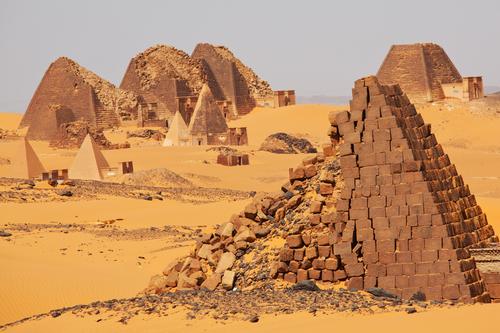23 Jun 2014
UNESCO launches pilot phase for South Sudan National Museum
BY Katie Buckley

The United Nations Education, Scientific and Cultural Organisation’s (UNESCO’s) overarching aim of ‘Building peace in the minds of men and women’, has moved one step further in Africa, with the official launch of the pilot stage of South Sudan's National Museum Project.
Currently in its formative phase, the ‘Travelling Exhibition' project is on tour throughout Eastern Equatoria, Western Equatoria and Western Bahr Ghazal, South Sudan. Head of the country's UNESCO office Salah Khaled said: “Cultural expressions of different kinds, help people understand one another better, overcoming social, ethnic and religious differences”.
Due to Sudan’s war-torn landscape, the tour has not been able to reach all parts of the country. However, taking on the form of a mobile museum, the first phase of the project appears to be going well. According to Ellen Lekka of UNESCO, to date, the communities involved have “contributed with approximately 81 objects, 55 recordings and 44 short videos.”
With this level of involvement at such an early stage, the project looks to have a promising future, said Khaled, adding that: “Diversity, as a common national identity is instrumental in the peace and nation building process”. The southern Sudanese – by strengthening their national identity through this project, and understanding the cultural traits of others – it is hoped, will maintain a peaceful, sustainable nation, whilst documenting their rich and varied history.
As part of a wider project by UNESCO and the United Nations Development Assistance Framework (UNDAF), from 2014 to 2016, several institutions will be created across South Sudan, including the National Archives and the National Theatre, in an attempt to prove how culture is a key component in rebuilding a post-conflict nation.
The country is one of the least developed in the world, only becoming independent in 2011. It is hoped that through initiatives such as the National Museum project (funded by Open Society East Africa OSIEA and Ministry of Culture, Youth and Sports MoCYS) the country will begin to grow and heal, while keeping tradition and culture alive.
Close Window